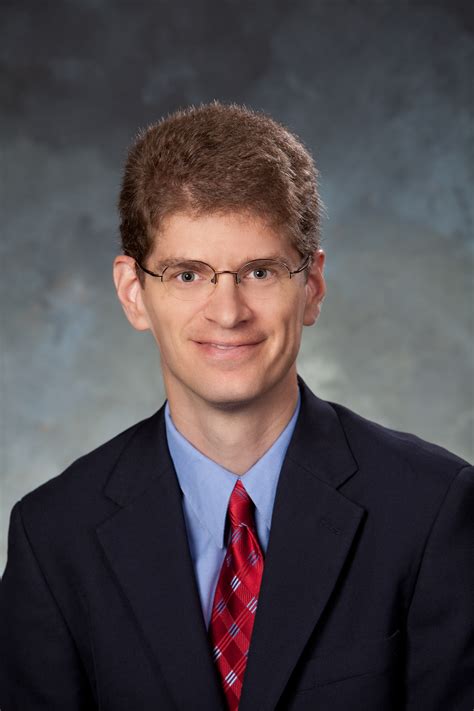A Quote by Jay Parini
Beginning in the late 18th century, some German scholars began to regard Holy Scripture not as a single revelation but a sequence of inspired texts that occurred in specific times and places and were subject to varied and multiple meanings.
Related Quotes
Sacred Scripture, since it has no science above itself, can dispute with one who denies its principles only if the opponent admits some at least of the truths obtained through divine revelation; thus we can argue with heretics from texts in Holy Writ, and against those who deny one article of faith we can argue from another. If our opponent believes nothing of divine revelation, there is no longer any means of proving the articles of faith by reasoning, but only of answering his objections - if he has any - against faith.
The New Testament writers I think conceive of their inspired Scripture writings as flushing out, bringing to articulation, expounding and so on the climactic revelation in the son, but this in self-conscious fulfillment of the promises and covenants that were already made to God's chosen people in Old Testament times.
At the beginning of the 20th century, before the migration began, 90 percent of all African-Americans were living in the South. By the end of the Great Migration, nearly half of them were living outside the South in the great cities of the North and West. So when this migration began, you had a really small number of people who were living in the North and they were surviving as porters or domestics or preachers - some had risen to levels of professional jobs - but they were, in some ways, protected because they were so small.
I wanted to create a believable feeling for 18th Century reality in the Perfume: The Story Of A Murderer. I didn't want this typical film feel of strange people in strange costumes, not really knowing what to do or how to move. If you put an 18th Century costume on Alan Rickman, it looks like he's been wearing it forever because he inhabits the stuff. He is a character that can really travel in time as an actor and transform into this 18th Century person with seemingly no effort.
One [paradox] is that pornography follows in that wake of women's liberation. The first instances of hard-core pornography were in late 18th-century in France, "the Golden Age of Women." The next wave in the 20th century comes from Sweden, one of the first countries where women voted. Then Germany, again, at the forefront of progress. Then America in the '80s, when women were closing the pay gap. And Japan, same thing.
All through the centuries scholars and scientists have been imprisoned, tortured and burned alive for some discovery which seemed to conflict with a petty text of Scripture. Surely the immutable laws of the universe can teach more impressive and exalted lessons than the holy books of all the religions on earth.
Holy men of old were moved upon by the Holy Spirit and the revelation given to them is God's Word in the Holy Scriptures. Is God speaking any less today through holy men called of God to bring a message through revelation to this generation? ... We wave our Bibles and cry, 'This is the Word of' God.' Indeed it is God's Word, but the Holy Spirit yet brings revelation to this generation today that is no less God's Word... The prophet is not a method that God uses; but in fact is the only method he uses to speak to this generation.






































